By Naveen Nair
“The moment we no longer have a free press, anything can happen. What makes it possible for a totalitarian or any other dictatorship to rule is that people are not informed” – Hannah Arendt
Though the German born American philosopher Hannah Ardent spoke these famous lines half a century ago, its reverberations are still echoing across Kerala.
The chain of events over the past few months in India’s only Communist ruled state culminating in the witch hunt for the chief editor of a Malayalam portal reeks of a regime that is fast hurtling towards anarchy.
Believe it or not, this is the start to a final act. It has all the ingredients of a desperate serf trying to pull all strings to hold on to his final frontier, not just for himself but for his party that has otherwise been relegated to a regional power in the country.
For Pinarayi Vijayan and his hordes this is a matter of survival. But sadly, that is the same situation for the free press in Kerala, battered and bruised like never before over the last seven years of Pinarayi rule. The only difference – one must perish for the other to survive. Such is this stalemate today. Pinarayi Vijayan and press freedom simply will not go hand in hand anymore.
This modus operandi to bring down press freedom in Kerala, that works at different layers, did not start any time in the recent past. Such discrediting of the free press, which had now stooped down to the level of open intimidation and elimination, started way back when the current chief minister was the longest serving state secretary of his party. But that often-told story is for another day. Let us stay with the issue at hand today.
The year 2023 will go down in history as the worst one for journalists in Kerala. Not for the ones toeing the line of those in power in the state, but for those daring to question them.
Not that all those bearing the brunt of the state’s brute force are of the same feather. Certainly, their credibility as journalists is of varying degrees and I am certainly not making an attempt here to give a clean chit to their journalistic inaccuracies.
But what unites them today is their struggle against a common self-declared foe whose enmity arises from the need to ensure that the people’s right to know is crushed at all costs. It is this “Us versus Them” battle that is raging in Kerala today.
Let me be clear on this. I am neither a fan of Marunadan Malayalee’s brand of journalism nor approve everything that its chief editor Shajan Skaraiah delivers in his much-watched monologue series. Whether Shajan is guilty or not under the relevant provisions of the SC/ST Act is still subjudice.
But as a fellow journalist who believes in free speech I cannot meanwhile sit back and allow him or his digital news platform to get crushed under the iron hand of a totalitarian state. To stop that we need to go to any length to build a shield for him and his company because if it is Shajan today it can be anyone and everyone else tomorrow.
At play is certainly a carefully planned operation to dismantle the free press and its ability to stand up and ask the tough questions. This is the crux of the matter here.
For instance, rather than tracing and arresting a reportedly absconding Shajan, of which I have no divergent view, who gives the right to Kerala police to unleash what are clearly illegal raids, unlawful confiscation of property and personal intimidation of the staff of Marunadan Malayalee?
Who gives the police the mandate to swoop down with midnight and early morning raids at houses of journalists working at Marunadan Malayalee and harass their families?
Who gives the police the right to take away mobile phones, cameras, laptops, computers, edit suites and other tools which are vital for the daily working of a news outlet?
Above all, when this happens in a state where power is centralised in the hands of a very few individuals right at the top, it is foolish to even think that a few policemen sitting in the headquarters in Thiruvananthapuram would have the audacity to order such a crackdown on their own account.
This is where one cannot help but believe that this regime in Kerala has finally come of age as a fascist one taking the first critical step to control the free press and dismantle it.
So, if anyone were to draw parallels to a regime that died in the middle of the twentieth century in Germany or the still alive one in North Korea, it will be hard to find fault with such a thought.
Perhaps Kerala hasn’t reached the full monty yet. But at this rate, with a worthy ally in the state police whose top brass are incapable of taking a stand, in line with the law of the land, but more than happy to take orders, however unlawful they may be, the state will slide into the fascist dungeon at the rate of knots!
If Marunadan was the latest to face the ire, leading news channels have not been spared too. Asianet News, the state’s number one news channel by a fair distance has had its Kozhikode regional bureau raided by the police and its executive and coordinating editors and two reporters being slapped with criminal charges on different accusations. The channel’s Kochi bureau also saw unruly SFI cadre barge in with protests and intimidate staff all under the watch of the state police.
Not to mention the ever increasing vitriolic personal attacks that journalists face every day over social media from the digital eco-system maintained by the ruling party and its supporters.
If intimidation was not enough the modus operandi has moved one step ahead now – fish out the sources of journalists.
At least several journalists believe that the unexpected raids conducted at the houses of reporters and confiscation of their mobiles and laptops are a part of this operation to trace their sources and silence them. This government does not want whistle blowers to survive and will go to any length to shut them down.
Giving more meat to this allegation is the argument raised by many in the judiciary who have questioned the need for such confiscation in the name of gathering evidence when the case against Shajan is individual in nature and has nothing to do with other reporters in his media outlet.
Another classic case is the suspension of Inspector General and former anti-terrorist squad head P Vijayan. The allegation against him – he tipped off a reporter from Mathrubhumi channel on the route through which the police team was bringing the accused in the Kerala train arson case from Maharashtra.
The channel crew who shot the visuals and reported the police action were later booked under various penal provisions and intimated to divulge their source’s name. A month later the same IG was suspended.
In reality it is a message to the journalist fraternity in Kerala, which Pinarayi has been trying to send out for a while now. Just that the tone and tenor has changed into a more aggressive one – fall in line or we will come for you at your homes and hunt not just you but also those who provide you information.
The last time one heard of such a crackdown was in Hitler’s Germany where the likes of the Gestapo and the Schutzstaffel better known as the SS hunted down informers with impunity and put them behind bars. One can only hope that Kerala never crashes to that level.
Not only is this unacceptable in the modern free world but also not in sync with Pinarayi Vijayan’s “Hope has now replaced despondency in Kerala” jibe at the Times Square in New York last month.
Not that I have any false notions of him walking the talk. But it is an absolute shame that a leader who laments about India ranked so low in the Press Freedom Index in the world is contributing to its further slide with his own actions.
That this comes from a group that shed crocodile tears when BBC’s offices were raided in the national capital and vociferously protested the ban on the controversial documentary on Modi only exposes their unabashed hypocrisy.
It is very unlikely that Kerala as a state will see a reversal from its authoritarian style any time soon or a restoration of press freedom to the pre 2016 era. Both are history now.
But this madness must end. Using the police as a rabid dog unleashing it on anyone the state does not tolerate is simply unacceptable. It can only be seen as the last-ditch effort of an absolutist to hold on to power desperately.
(Naveen Nair is an independent journalist and social researcher based in the UK. Opinions are the author’s own and do not necessarily reflect those of The Lede’s.)



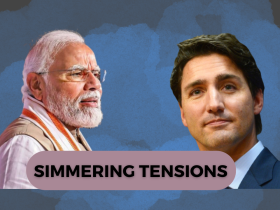
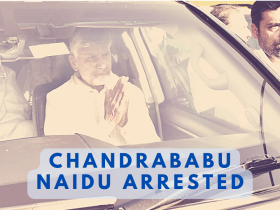
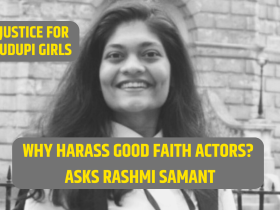
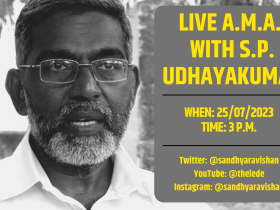
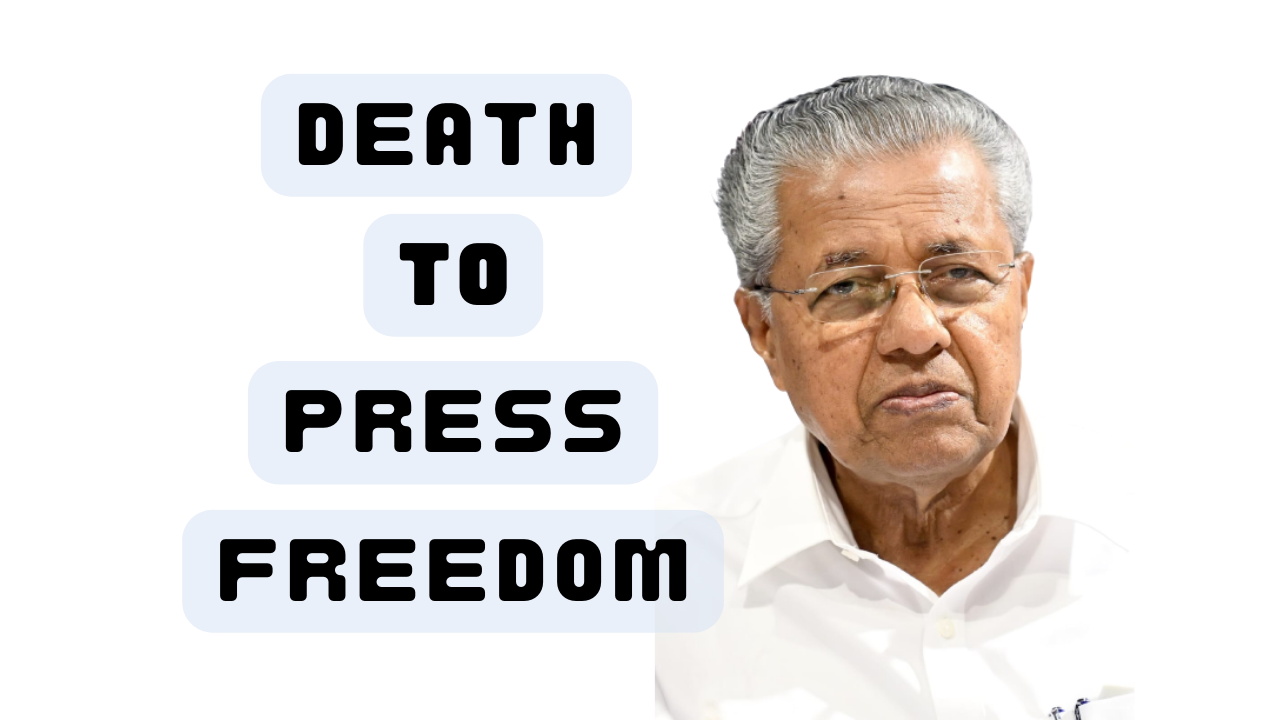




Leave a Reply